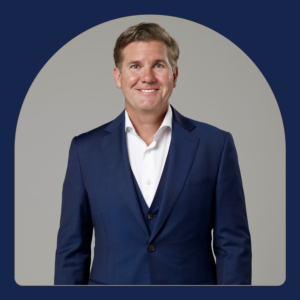
Being named the executor of an estate is both an honour and a burden. Entrusted with this pivotal role, one carries out the last wishes of a loved one, but the path is often strewn with complexities and unforeseen challenges.
Navigating the Executor’s Terrain
At first glance, the executor’s role might seem straightforward. However, in practice, it’s a demanding role that requires interaction with a myriad of entities, such as banks, real estate professionals, utility companies, the deceased’s superannuation fund, and the taxation office.
Furthermore, an executor’s duties are vast and varied. They encompass everything from overseeing funeral procedures, securing the death certificate, and notifying friends and family about the loss. They’re also tasked with locating the will, identifying beneficiaries, gathering a multitude of documents, settling estate debts, documenting estate assets, and initiating insurance and superannuation claims.
Yet, the process isn’t without potential pitfalls:
- Executors face personal financial risks. Any oversight during the estate’s administration might lead to personal financial liabilities.
- They often encounter hitches in procuring superannuation death benefits and in coordinating with fund trustees.
- Executors bear responsibility for any losses stemming from estate asset mismanagement. This can include failure in securing and judiciously investing assets or lapses in notifying creditors, settling the deceased’s obligations, and recouping debts owed to the deceased.
- They can incur financial penalties for unduly delaying estate administration or for hasty distributions.
Guidance for a Smoother Transition
For those in the process of drafting a will and designating an executor, a few proactive steps can immensely assist in the estate’s efficient management:
Collaborate with a knowledgeable probate lawyer or solicitor specialising in wills and estate management. Their insights can be invaluable, especially regarding local family and inheritance laws.
Given life’s unpredictability, regular updates to your will, insurance policies, and superannuation death benefit details are paramount.
It’s crucial to note that superannuation doesn’t fall within your estate and isn’t addressed in your will. Still, you can specify your wishes and arrangements concerning your super death benefit nominations in your will.
Seek guidance from your financial adviser and super fund to establish death nominations, thereby streamlining benefit acquisitions for beneficiaries.
If feasible, contemplate liquidating your entire death benefit from the super fund while still alive. This proactive step allows for immediate distribution based on your directives or deposits into a bank account, providing easy access for the executor upon your passing.
If you’re ever nominated as an executor by a loved one, it’s prudent to discuss these considerations with the person who drafted the will (the Testator). Collaboration with their legal advisor (and financial consultant if available is also advisable to ensure a comprehensive understanding of the responsibilities and challenges ahead.
The role of an executor is multifaceted, rife with both honour and intricate challenges. However, with a well-charted roadmap and diligent preparation, the process can be streamlined, ensuring a smoother transition for all involved.
This can be a complex discussion and should be undertaken with a trusted advice professional. Reach out to the Sherlock Wealth team here to get started.
Source: Matrix Planning Solutions
This information does not take into account the objectives, financial situation or needs of any person. Before making a decision, you should consider whether it is appropriate in light of your particular objectives, financial situation or needs.











